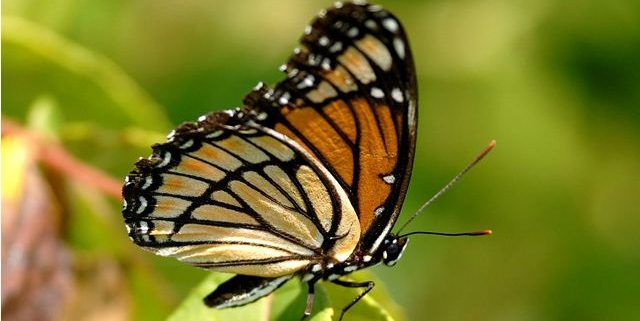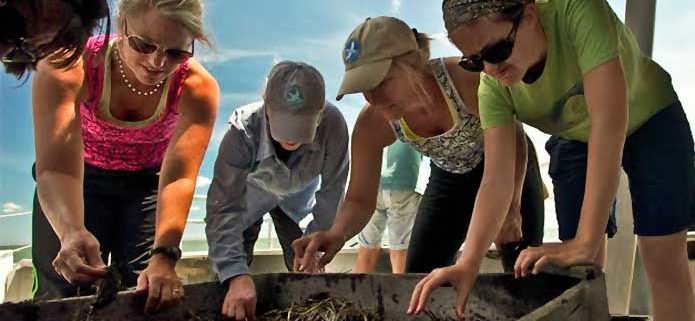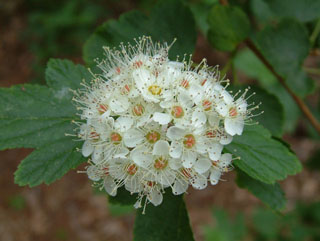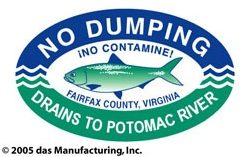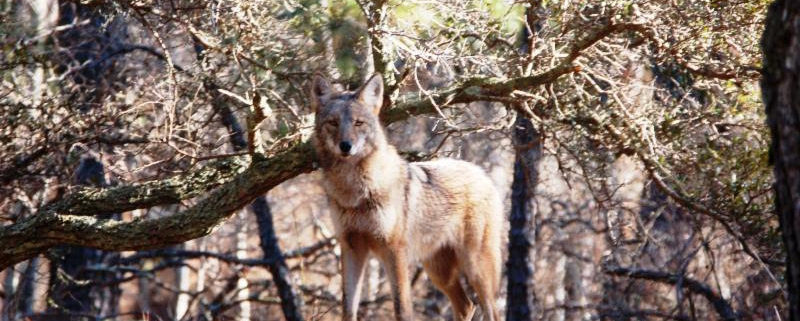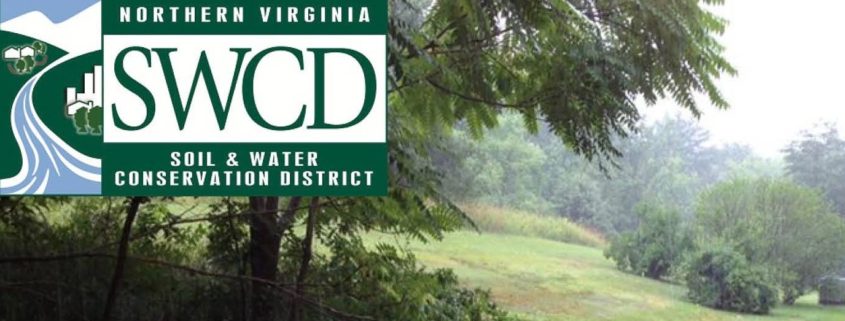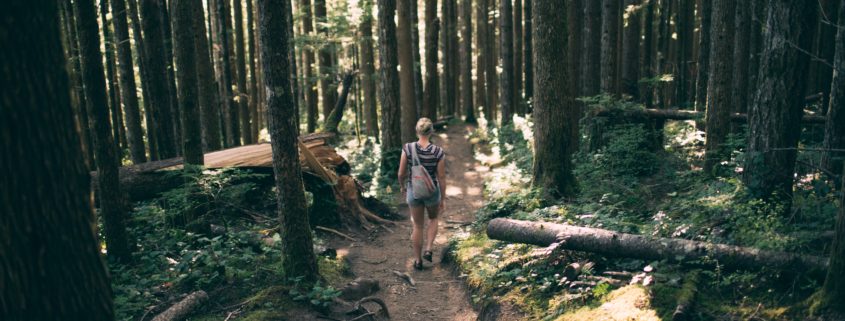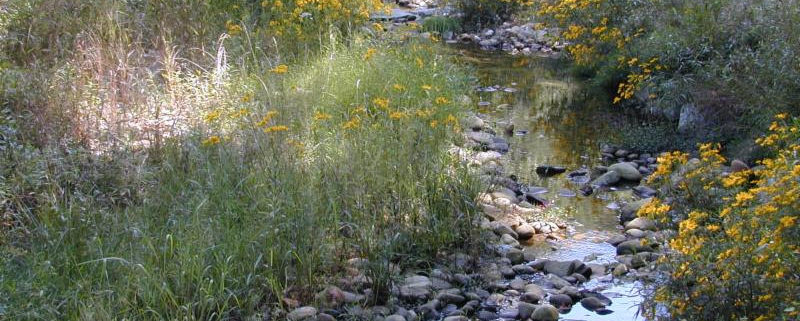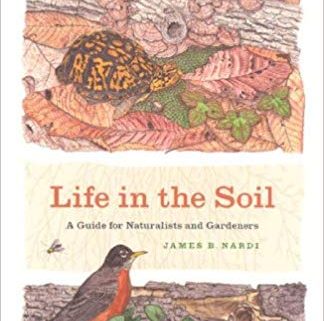This presentation:
- highlights the history, biology, and ecology of coyotes in Virginia
- offers suggestions for reducing coyote-human conflicts in both rural and urban environments
- discusses a coyote research project being conducted in the Appalachian Mountain region of western Virginia
- will increase your understanding of, and perhaps dispel a few myths related to one of the world’s most adaptable mammals. Although coyotes are a relative new comer to Virginia, they are here to stay and we must learn to coexist with them.
Presenter: Mike Fies, Virginia Department of Game and Inland Fisheries
Mike Fies works as a wildlife research biologist for the Virginia Department of Game & Inland Fisheries. His office is located in the Shenandoah Valley just north of Staunton. Mike is the state Furbearer Project Leader with job responsibilities that include conducting research, monitoring populations, developing management recommendations, resolving wildlife conflicts, and providing information to the public related to Virginia’s furbearer species. He has statewide responsibilities. Wildlife species included in his job duties include bobcat, fox, coyote, raccoon, skunk, opossum, weasel, beaver, muskrat, mink, otter, and nutria.
Webinar Details
When: July 25, 2018, 12:00 pm
Meeting Number: 450 486 470
Link to join: Join Webinar
(This link will connect you to the video feed, but you will need to connect your audio separately to hear the speaker. Zoom will prompt you to do that once you have connected the video feed. See the technical information below for details on connecting your audio.)
Link for recordings of this and past webinars*: VMN Continuing Education page
*Please note that Virginia Tech is in the process of moving our recordings to a new system, and the recordings are currently unavailable while they work out some technical details. We hope to have them all back on line soon!
Technical Support
If you have not successfully used Zoom before or if you have made any recent changes in your web browser, we suggest that you try a test meeting well beforehand. This will prompt you to download the Zoom software that you will need to fully participate. There is an option to participate just via your web browser, but please be aware that it does not have the same level of functionality.
We will open the webinar at least 30 minutes prior to the start time, and we encourage you to log on early to make sure the system is working for you.
Audio Connection
Please be aware that connecting to Zoom using the link provided allows you to see the presentation, but you will have to then connect your audio separately so that you can also hear the presenter. Zoom will prompt you to do that once you join the meeting. We recommend that you join using your computer audio if you are able. For this option, click the “Join Audio Conference by Computer” button under the “Computer Audio” tab in the audio window that pops up when you join the meeting.
If you can’t call using computer, you can call in by phone at US: +1 669 900 6833 or +1 929 436 2866. The meeting identification number is 450-486-470. Long distance charges apply; this is not a toll-free number.
IMPORTANT NOTICE
Please note that this Zoom service allows audio and other information sent during the session to be recorded, which may be discoverable in a legal matter. By joining this session, you automatically consent to such recordings. If you do not consent to being recorded, discuss your concerns with the host or do not join the session.
If you have specific technical questions, try the Zoom Support Center.


